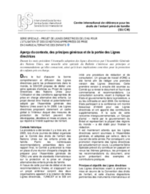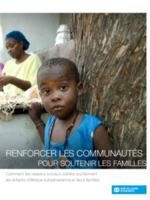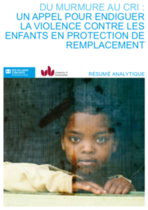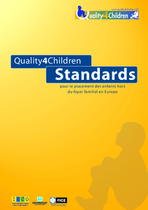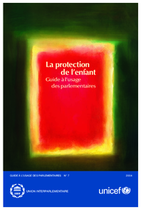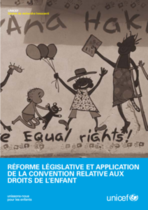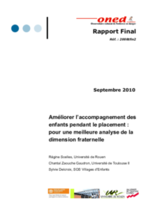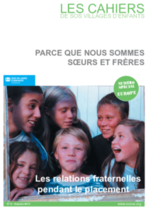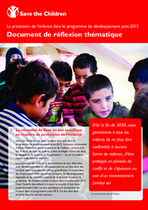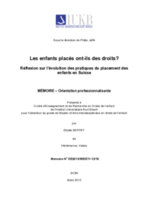Aperçu du contexte, des principes généraux et de la portée des Lignes directrices
Durant les mois précédant l’adoption des lignes directrices par l’Assemblée Générale des Nations Unies, une nouvelle série spéciale du Bulletin s’est intéressee aux principes et recommandations qu’elles consacrent, ainsi qu’à leurs implications concrètes pour la protection des enfants pris en charge.

